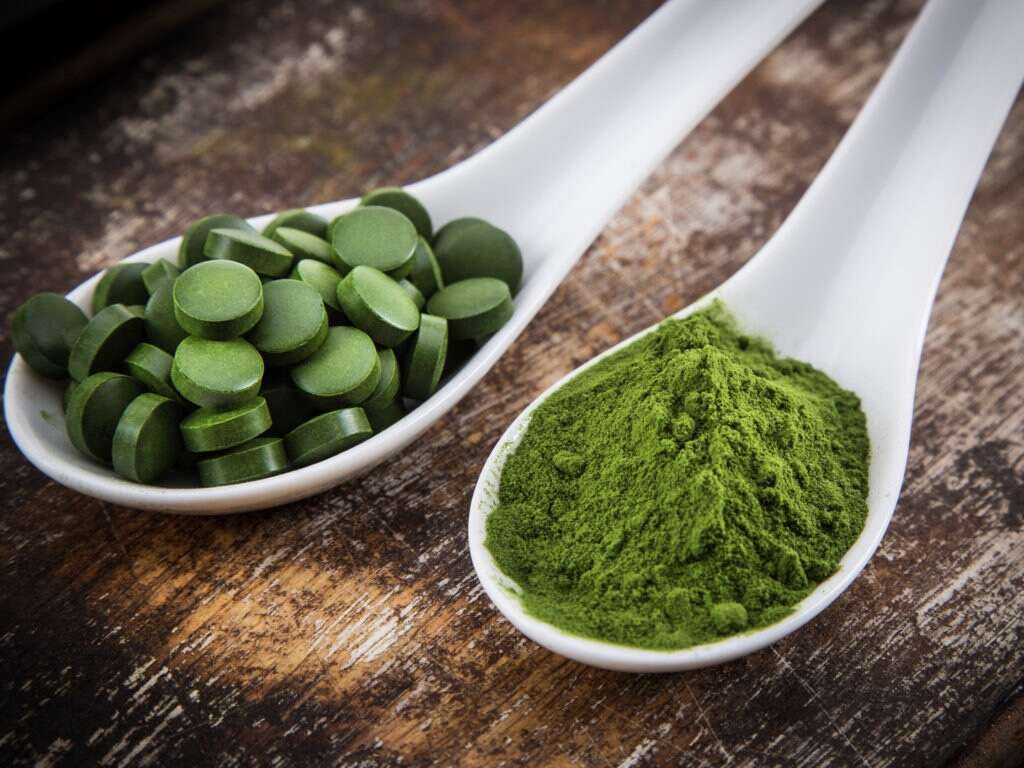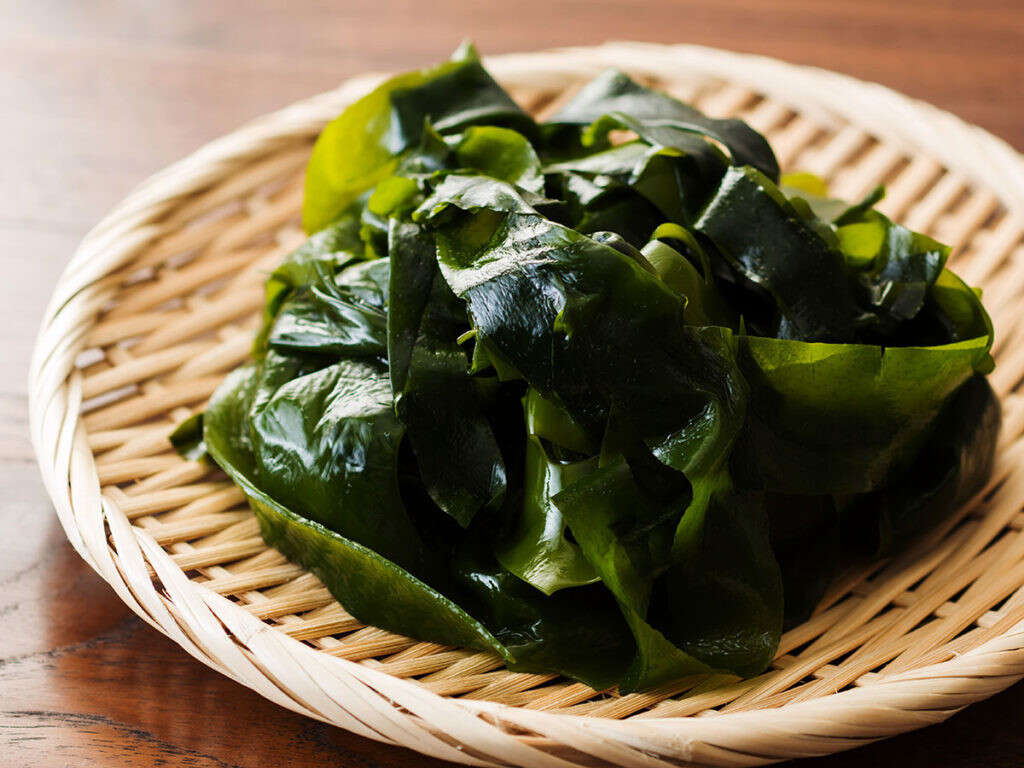Benefits of Bladderwrack
Bladderwrack is a type of seaweed that has been traditionally used in a number of cultures to treat a variety of ailments. Recent years have seen bladderwrack appear in many health supplements, leaving consumers to take interest in what it has to offer. The history of bladderwrack can be traced all the way back to Ancient Greece, where the renowned physician Dioscorides supposedly claimed it was useful for treating inflammation and gout. Throughout history it was also used as a treatment for tuberculosis, relief from pain caused by swollen joints, and more.
Lately, bladderwrack is being used for everything from lessening joint pain to increasing a person’s iodine intake. While further research is required to give total validity to many of these claims, some reports do suggest that bladderwrack has a number of health benefits and can have a positive impact on one’s sense of wellness.

1. Bladderwrack Overview
Bladderwrack is often referred to as “brown seaweed” and it is found in abundance in many saltwater environments. It is known for being high in iodine, which is an essential component of healthy thyroid functions. While iodine is plentiful in bladderwrack, the seaweed is also a great source of a variety of vitamins and minerals including magnesium, iron, folic acid, and riboflavin. Brown seaweed is rich in fiber and is often included in the cuisines of many cultures situated near the ocean. It has also been commonly used as a medicine for centuries.
While brown seaweed can be a healthy source of iodine and other nutrients, it is wise to learn more about bladderwrack before making any assumptions. Understanding the history, uses, and restrictions of brown seaweed will help you understand the most sensible way to incorporate it into your own routine.

2. Bladderwrack in Folklore and Legend
Brown seaweed is plentiful in the world’s oceans. Due to this, it has featured heavily into a number of legends and myths about those who travel by way of the sea. In some cultures, bladderwrack was considered a way of protecting those who were about to embark on long voyages by boat. Characters in stories sometimes used it as magical protection from a variety of supernatural afflictions said to take control of the mind. Those looking to avoid a manic mind, for example, might eat bladderwrack or place it around a home.
Some legends state that eating bladderwrack or brown seaweed would increase a person’s innate psychic abilities. Though these tales are anecdotal, there are a number of real-world benefits a person may experience from including a bladderwrack supplement in a standard health regimen or working the food into a weekly diet.

3. Bladderwrack and Thyroid Health
Iodine is crucial when it comes to the healthy functions of the thyroid gland. Since bladderwrack contains an ample amount of iodine, it has long been used as a way of treating the symptoms related to a variety of thyroid conditions. The thyroid is responsible for secreting and regulating hormones related to a range of metabolic processes, as well as regulating body temperature, helping maintain lung function, and controlling the rate at which the heart pumps blood. A thyroid that is performing in an overactive manner can cause a person to have trouble sleeping or rapidly lose weight from the increased metabolism.
An under-active thyroid, conversely, can cause a person to gain weight and suffer fatigue. Bladderwrack’s iodine content is suggested to be helpful with maintaining healthy thyroid functions. If you have an overactive or under-active thyroid, consult with your doctor to learn if brown seaweed could help your condition or its symptoms.
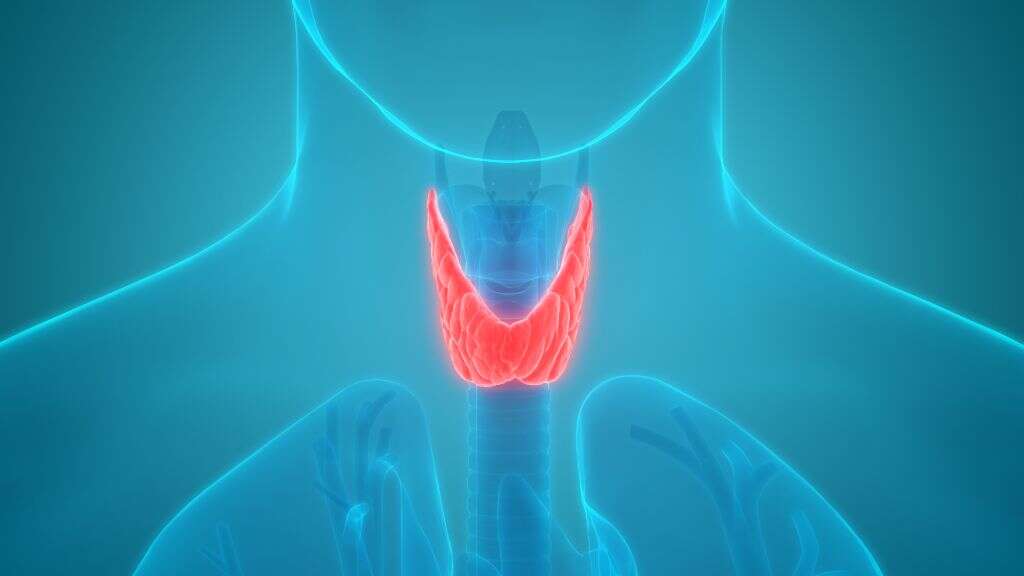
4. Bladderwrack and Weight Loss
Many people have been using bladderwrack in recent years as a way to lose weight. While there is no shortage of supplements and health aids on the market claiming to assist people with weight loss, there is a bit of credibility to brown seaweed’s ability to help the process along. One of the main reasons it could be effective for losing weight is due to bladderwrack being a natural diuretic. Essentially, this means that it helps the body to flush out toxins and unwanted fluids. This, in turn, helps reduce how much water weight a person retains.
Bladderwrack is also high in fiber. Including bladderwrack in your diet can add a nice dose of fiber to the mix, encouraging healthy and regular bowel movements. While this anecdotal evidence does suggest bladderwrack could help a person lose weight, it is best to consult with a doctor or nutritionist to learn more about this option.

5. Bladderwrack and Eye Health
There are several reports that suggest bladderwrack could be beneficial to overall eye health. One reason for this is that brown seaweed normally contains a good amount of vitamin A. Also known as beta-carotene, vitamin A is responsible for keeping the surface of the cornea moist and protected from environmental irritants and toxins.
Brown seaweed also contains fucoidan and fucoxanthin. The nutrient fucoxanthin is what gives the bladderwrack its unique brownish hue. Some research suggests both fucoxanthin and fucoidan are useful for improving and supporting the health of the eye. These nutrients may help to slow the process of macular degeneration caused by age and exposure to sunlight. Still, more studies must be conducted to understand exactly how brown seaweed benefits the general health of the eye.

6. Bladderwrack and Joint Pain
According to the traditional history of brown seaweed, it was used to treat inflammation. The body’s inflammation response is an important component in the functions of the immune system. Unfortunately, inflammation can come about when it is not required and cause a variety of issues including persistent pain. Including more brown seaweed in your daily diet may be able to help minimize the impact of inflammation and encourage a healthier response from the body. It could also be useful for lessening the general impact of rheumatism on the body and make movement easier.
Some studies have been conducted on individuals living with arthritis, but additional research is required for a more in-depth understanding on how bladderwrack can benefit someone dealing with painful inflammation. Consult a doctor if you have chronic inflammation and have trouble with basic tasks or actions.
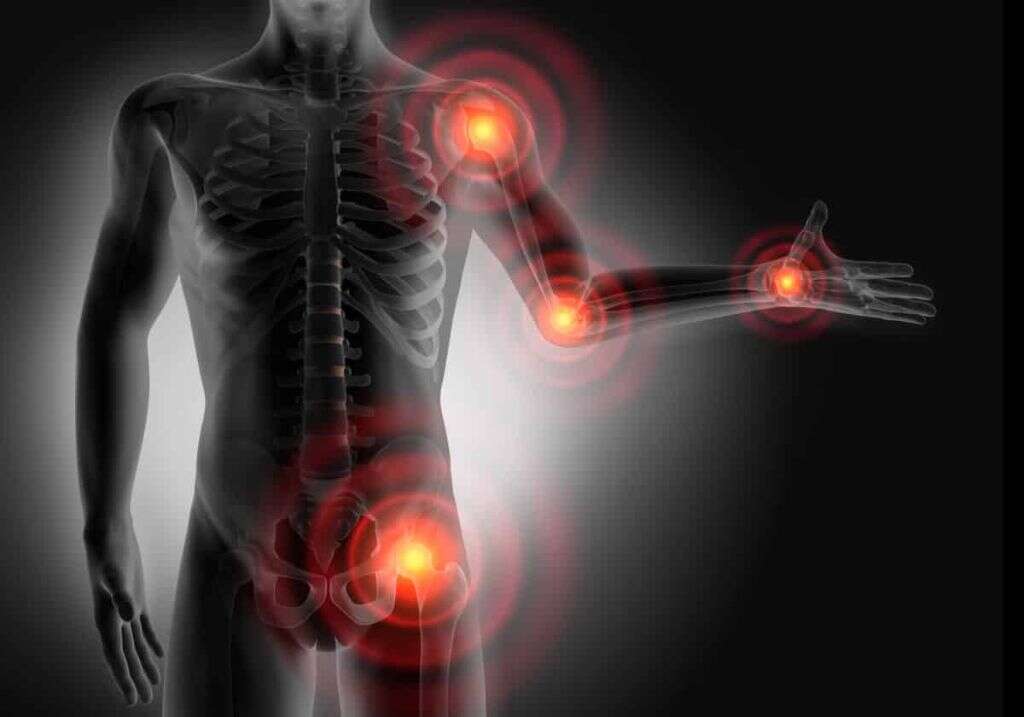
7. Bladderwrack and Constipation
Bladderwrack is often consumed as a way of treating constipation. This is due to its diuretic properties and purported ability to aid the body in cleansing toxins from the system. While brown seaweed may be able to encourage the digestive system to remove waste from the body, there is not enough evidence to suggest that it can be used as an effective way of fully treating constipation. Still, it does contain ample fiber, which suggests that it could be useful in encouraging regular bowel movements.
Constipation can come about from a variety of factors. If you are unable to pass waste for an extended period of time, it is best to speak with your primary care physician. This will help you get to the root of the issue and determine if an aid like bladderwrack is a useful option for treatment.

8. Cancer Research and Bladderwrack
While there is no known cure for cancer in any of its forms, scientists and researchers around the world dedicate a ton of resources toward finding acceptable and effective treatments. Bladderwrack has been studied extensively for this purpose, leading researchers to discover potential benefits in the nutrient fucoidan that is found often in brown seaweed. Fucoidan has been observed to lessen the growth of blood vessels to cells that are not receiving ample oxygen, which could stop certain oxygen-related degradations.
In one study published in recent years, fucoidan was shown to have positive results when used to slow the spread of certain cancer cells. While a lot of additional research is required in order to understand whether fucoidan could be used as a possible treatment, the studies released so far do encourage hope for the future.
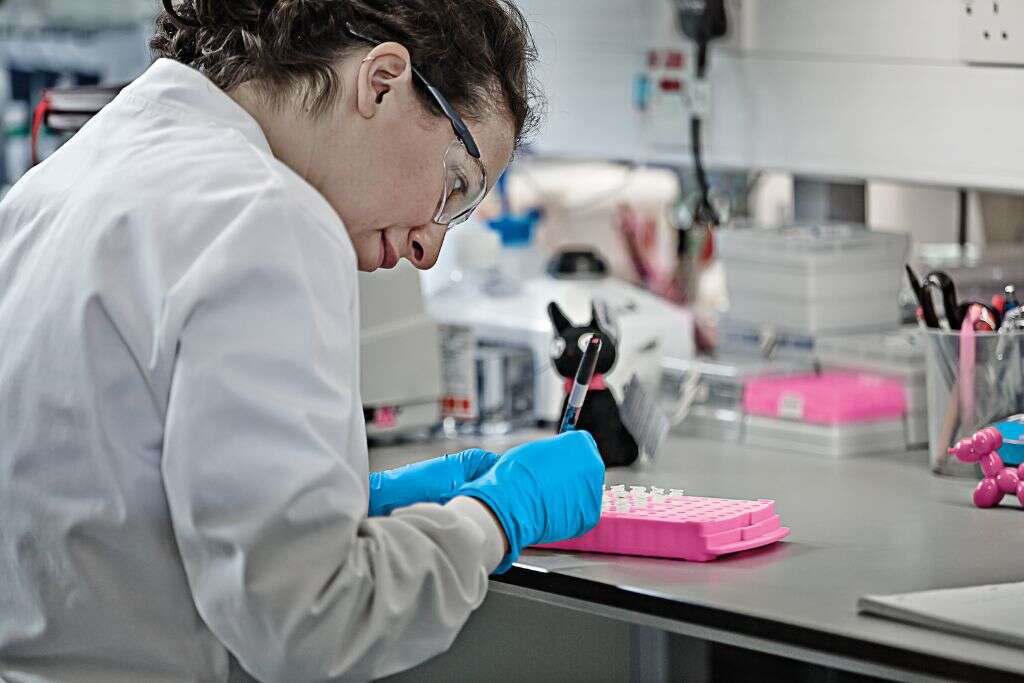
9. Eating Too Much Bladderwrack
Though it is true that brown seaweed contains a variety of essential vitamins and minerals, there are certain restrictions of which to stay aware. The high amount of iodine in bladderwrack may be able to regulate thyroid function, but it can also create hormonal imbalances in individuals who have existing thyroid issues or sensitivities to iodine. Even a person without existing conditions could ingest too much iodine and cause a bout of hyperthyroidism, which can lead to a number of other health issues when left untreated.
Common signs of ingesting too much iodine include a rapid heartbeat and increased feelings of nervousness. Sudden weight loss is also common with hyperthyroidism. If you exhibit these symptoms, speak with a doctor right away.

10. Adding Bladderwrack to Your Diet
Since it is rich in nutrients and possibly helpful for a number of different health concerns, you may be curious about how to best work bladderwrack into your daily dietary routine. One of the easiest ways to achieve this is with a brown seaweed supplement. Powders are the most common form of a bladderwrack supplement and can be easily mixed into smoothies, yogurt, and a variety of other simple meals. There are also pills and extracts worth looking into, depending on your preferences when taking supplements.
Before making the decision to add brown seaweed to your diet, it is important to consult with a doctor. While there are few big risks involved with taking bladderwrack, it is always best to have a professional opinion and understand how your own medical history will impact the way the brown seaweed interacts with your system.











